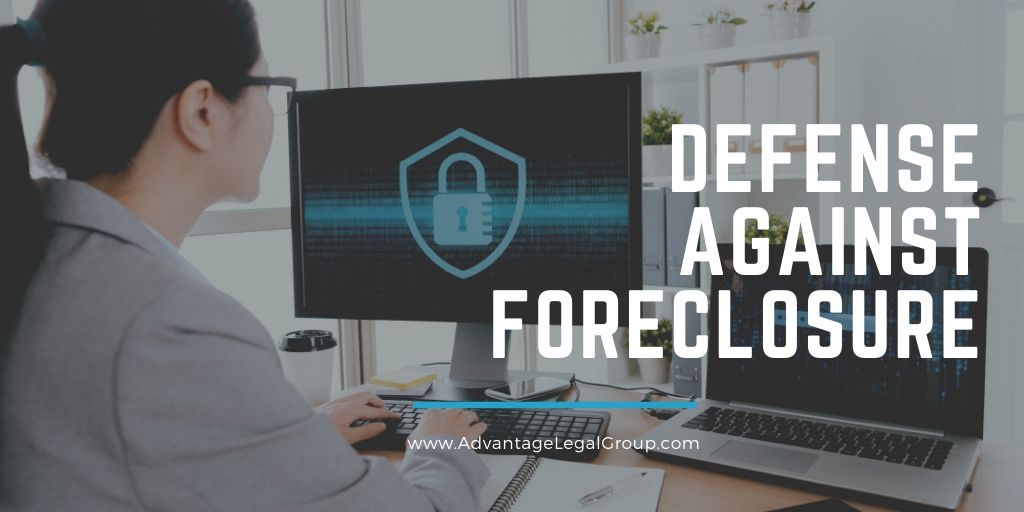How Low Will My Credit Drop After a Short Sale or Foreclosure?
With credit scores, one can easily predict the possibility of you making payments on time, paying off loans, and helping a lender determine whether you are a risk. Credit scores are determined by an individual’s lending history and ability to repay and manage debts based on the agreement. Factors like letting your mortgage payment slide, […]
How Far Behind Do I Have to Be For Mortgage Forbearance?
Under normal circumstances, there are policies owned by all lenders, and that is what you should be working with. However, if you are finding it difficult paying you mortgages either due to lose of job or increase in costs. There is a 15-day grace period, and if you are able to meet up and make […]
How the Foreclosure Fairness Act Works for You
The number of foreclosure listings in Washington State and all over the country is on the rise again, but there is hope as many homeowners have made it possible to hold on to their home through the Washington State Foreclosure Fairness Act. The Washington State Foreclosure Fairness Act is little known by both homeowners and […]
Bankruptcy or Foreclosure Looming?
Bankruptcy or Foreclosure Looming? Let The Washington Foreclosure Fairness Act Help you! New Mortgage Foreclosure Program for the State of Washington. A little known Mortgage foreclosure program went into effect in Washington State in 2011. It is called the Washington foreclosure fairness act (FFA). This program is for you if you need help paying your […]
Defense Against Foreclosure

Defending Against Foreclosure If you are facing the loss of your home or fear that you may soon be facing a foreclosure, a law firm can help you to develop a strategy that may include defending against the foreclosure, negotiating a modification, refinance, short sale, or implementing a strategic default plan. A Foreclosure Defense Law […]
Fear losing your home? Foreclosure looming?
You held out for this long but your lender has finally sent you the” letter.” However, the letter talks about consumer debt counseling and mediation. This is part of the Washington Foreclosure fairness act. Lenders must inform you of your rights before a Foreclosure can be processed. Bankruptcy is a valuable option to consider. Understanding […]
The Foreclosure Fairness Act

The Foreclosure Fairness Act A little known law helps protect homeowners from foreclosure even when their situation may seem dire. The Department of Commerce is trying to spread the word about this law and Advantage Legal is here to help. The Washington State Department of Commerce put out a press release to let people know […]
Where to Start in Mortgage Mediation?

If you have no idea where to start with mortgage mediation and you’re on the brink of losing your home, there are options and steps to take immediately in order to save your home and reduce your mortgage. Many people may not even know about the Washington State Fairness Act. This is largely due to […]
How Do I Know if I Qualify for Mortgage Modification?
Surprisingly most people in Washington state don’t even realize that they can qualify for a mortgage modification or mediation. Mortgage payment each month is causing you more and more stress or you’re simply not able to make the payment, there are options. Washington state has Washington State Foreclosure Fairness Act, which was implemented several years […]
Who Says Life’s Not Fair? Two Things to Know About the Fairness Act
Who Says Life’s Not Fair? Two Things to Know About the Fairness Act Okay. Okay. So, life’s not fair. It’s true. However, when things come around like the Washington Foreclosure Fairness Act, life seems to seem a little fairer, a little brighter. This act or law helps bring homeowners back from the brink of foreclosure […]
